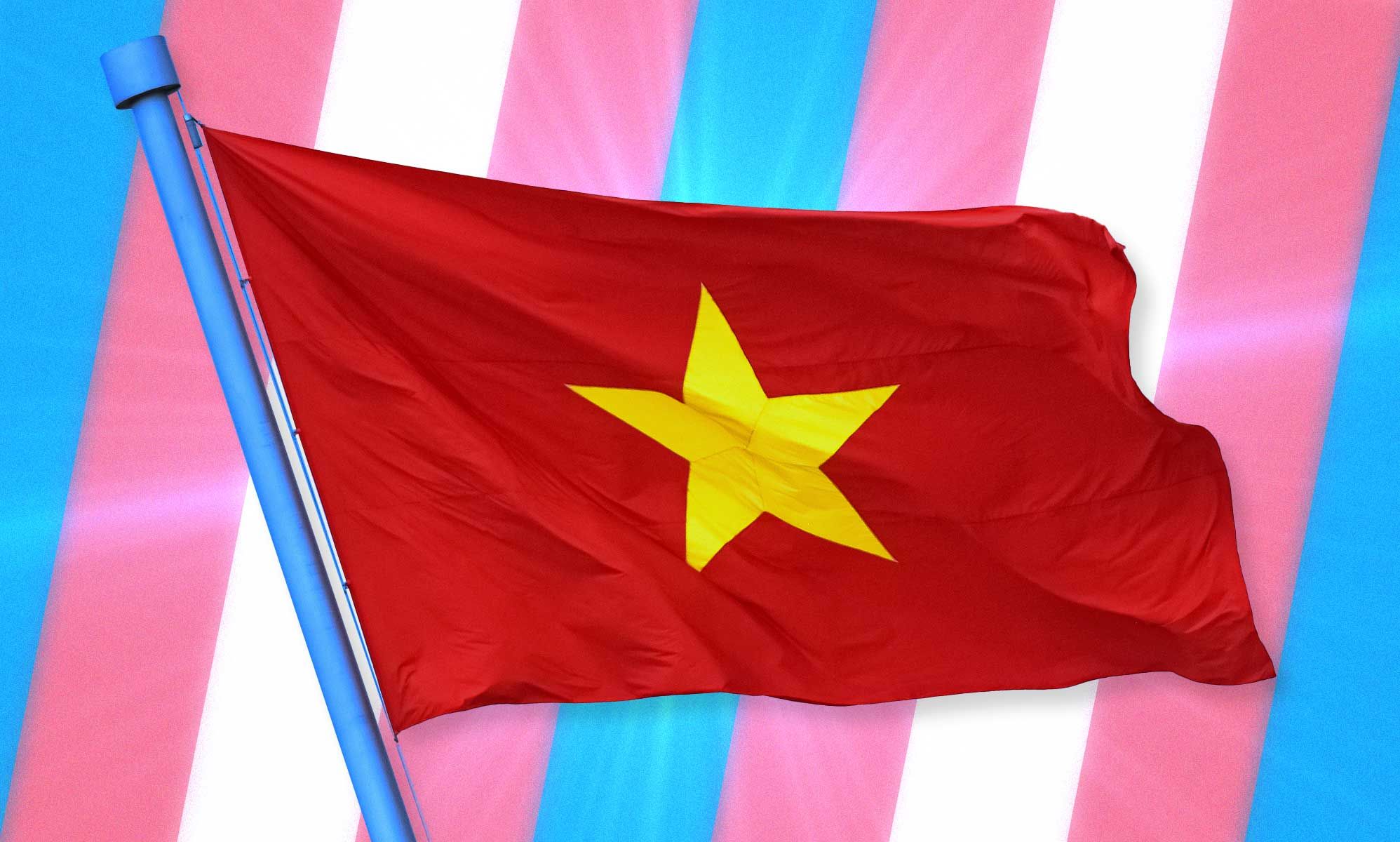On Monday (10 April), lawmaker Nguyễn Anh Trí put forward a proposal to the Standing Committee of the National Assembly to create the new law.
Trí said the law would show that Vietnam values protecting vulnerable communities and “leaving no one behind in its policies”, Việt Nam News reported.
The proposed law would allow people the right to change gender identity, request a different gender identity to the one assigned at birth and the right to choose a medical intervention method for gender-reaffirming surgery.
In a feedback document the day before presenting the proposal, Trí said the government had outlined its support for the proposed legislation.
The chairman of the national assembly’s legal committee, Hoàng Thanh Tùng, said that the country’s legislative body appreciated the efforts of deputies in preparing the proposal.
Tùng added that the national assembly recognises the necessity of promulgating the law, but said that his committee required more clarity on the real-life basis for the creation and enactment of the legislation.
Some scope of the law overlaps with the 2015 Gender Affirmation Law that the government is continuing to study, with Tùng asking lawmakers to continue to look at the issue.
In 2015, Vietnam’s legislature passed the Law on Marriage and Family which removed a ban on same-sex marriage.
That same year, the country passed a proposed law enshrining rights for trans people, by allowing those who have had reaffirming surgery to register under their new gender.
However, in order for the Gender Affirmation Law to be enforced, the bill needed to be discussed by the national assembly, meaning it hasn’t come into effect, so the trans community has no protection from discrimination.
But LGBTQ+ rights are slowly being advanced and, in August, the country’s health ministry declared in an official document, that being LGBTQ+ is “entirely not an illness” and “cannot be ‘cured’, nor need[s] to be ‘cured’ and cannot be converted in any way”.


My bad, I'm just used to talking like this
If I had to guess. Taiwan and HK don't have to worry about the living conditions of their citizens (unlike mainland China, a very much developing country) so they have more resources to expend on social issues. There's limited amounts of energy, money, time, resources and so obviously if your people don't even have a modern quality of life, efforts will be spent there instead of on social issues. Maslow Hierarchy of Needs on a governance scale essentially; They're more focused on economic development, defending against the threats from the West, etc.
I say this only because China doesn't seem to "play into it harder". More like they just don't really care about these issues. They don't seem to put much effort against or for queer people either way
deleted by creator